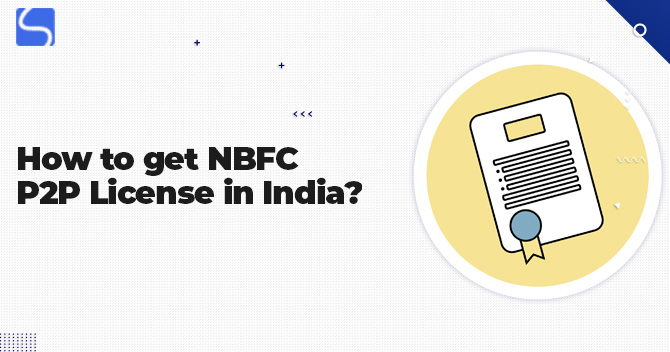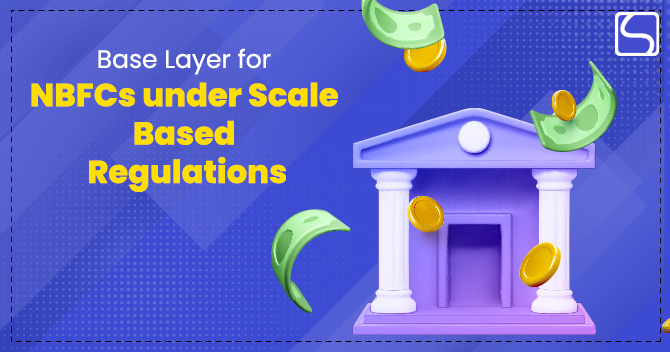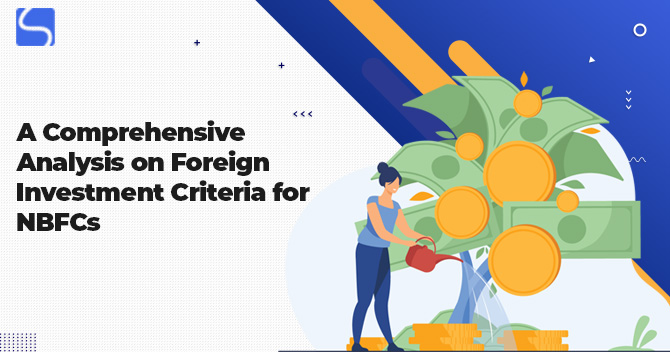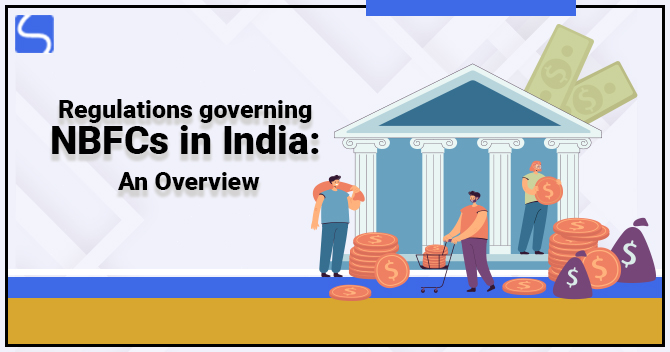How to get an NBFC P2P License in India?

Karan Singh | Updated: May 12, 2021 | Category: NBFC
P2P lending is an online platform that permits credit seekers to procure loans from lenders in the absence of a mediator. P2P lending associated with the borrowers to lenders in no time. It creates a connection between the credit seekers who desire unsecured loans and investors who want to lend their fund to obtain higher interest rate. The Peer to Peer portal aids the participants to shorten their search option via a data-driven interface and cutting-edge technology. Scroll down to check more details regarding NBFC P2P License.
Table of Contents
Registered Financial Platforms
Such platforms are backed by a comprehensive list of registered borrowers so that lenders can pick them accordingly. It allows the lenders to extend the portfolio of investment by disbursing funds to numerous credit seekers in small amounts. Peer to Peer creates a privileged situation for both the borrowers and lenders. P2P lending is a tool of credit financing that allows individuals to borrow and lend funds in the absence of financial associations. Peer to Peer portal does not take advantage of mediator, which essentially saves money for the concerned participants.
Reserve Bank of India governed the P2P lending platforms to safeguard the interest of borrowers and lenders. Companies that are ready to operate such business activity require availing of an NBFC P2P License from the proposed authority without exception. As per the guidelines of RBI, a lender is only permitted to invest up to Rs. 50 lakhs across the P2P platform. Similarly, a credit seeker cannot avail more than Rs. 50,000/- across Peer to Peer platforms as per the Reserve Bank of India set a loan disbursing limits.
What is the Eligibility Criteria for Procuring NBFC P2P License?
Following is the eligibility criteria for procuring an NBFC P2P License:
- A Peer to Peer (P2P) lending platform can only be allocated by registered organizations and active Non-Banking Financial Companies (NBFCs)
- An entity should secure a minimum NOF (Net Owned Fund) of worth Rs. 2 crores to avail the COR (Certificate of Registration) for P2P lending business;
- If an organization was already involved with such business before the Certificate of Registration was made obligatory. The organization shall fulfil all necessities as drafted by the RBI (Reserve Bank of India).
What are the Conditions and Registration Process for NBFC P2P License?
Following is the registration process and conditions for the NBFC P2P License:
Registration Process for NBFC P2P License
Step 1: First, you need to download the form from the official website.
Step 2: Once you download the form, fill the form correctly and arrange all the vital documents.
Step 3: Then, you have to submit the application for Certificate of Registration plus documents to the Department of Regulation, RBI, Mumbai.
Step 4: After submitting the form, the authority examines the application form on different grounds to find out whether the company is eligible to operate Peer to Peer business or not.
Step 5: Once the authority satisfied, the authority will approve for twelve months. In this timeline, the applicant has to set up the portal with the required resources and technology without compromising quality.
Step 6: The Reserve Bank of India will examine the establishment for compliance. Once fulfilled, the authority will issue the certificate of registration.
Conditions for NBFC P2P License
Before commencing the business activities, it is compulsory to apply for this license to DNBR of Reserve Bank, Mumbai, in the prearranged application. While estimating the application, Reserve Bank find out whether the application satisfied the following conditions or not:
- The entity is an Indian based entity and holds the Certificate of Registration (COR);
- The organization’s directors fulfil the proper criteria as suggested by the Reserve Bank of India. They should not be unbiased to the interest of the company and the public;
- The entity is supported by the required technological resources to provides services to the participants on the website;
- The organization should reserve enough capital structure to function the Peer to Peer lending activities in India;
- A secure and strong IT system has already been deployed, or a plan for the same has been defined;
- A feasible business plan has been supported to conduct business activities;
- Meet all the related specified as mentioned by the Reserve Bank.
Once the Reserve Bank has done with the examination process and ensured all conditions are fulfilled, then it grants the in-principle consent. The validity is for twelve months from the date of the grant. Within this timeline, the organization should deploy the technology platform, arrange all the vital documents, and submit them to the authority’s authority concerning compliance. The Reserve Bank, after fulfilled with the response of the applicant grant Certificate of Registration as an NBFC P2P.
The RBI made it obligatory for all the P2P entities to procure an NBFC P2P License from the Peer to Peer platform to protect the participant’s interest. The Reserve Bank of India drafted the provisions in October 2017. All fresh applicants should obtain a provisional NBFC Peer to Peer Lending License from the Reserve Bank of India to begin activities in this sector.
Business Features: NBFC P2P Lending
Following are some significant features of P2P lending that you should know before applying for an NBFC P2P License in India:
- Such lending is a technology-driven platform that is incorporated under the Companies Act, 2013[1];
- To operate business activities such as NBFC P2P Lending in India then one has to register on the official website of the RBI to get the NBFC P2P License;
- This lending platform also permits the lenders to pick the borrowers from a verified and comprehensive list;
- A detailed application must be filed by the applicant to grant this license;
- This lending platform is an online activity where a data-driven structure is used for the examination of the proposed participants;
- They create a bonding between the lender and borrower in which benefits goes to both of the participants with the business activities of P2P lending.
Conclusion
Peer to Peer got the capability of being the best investment platform than its counterparts. It lacks some aspects such as the mechanism of recovery and limit of disbursal; it still has the strength to turn around the things in forthcoming years. You can also take some help from professionals if you want to start such a business model in India.
Read our article:5 Important Things You Must Know Before Borrowing Money From P2P Lenders














